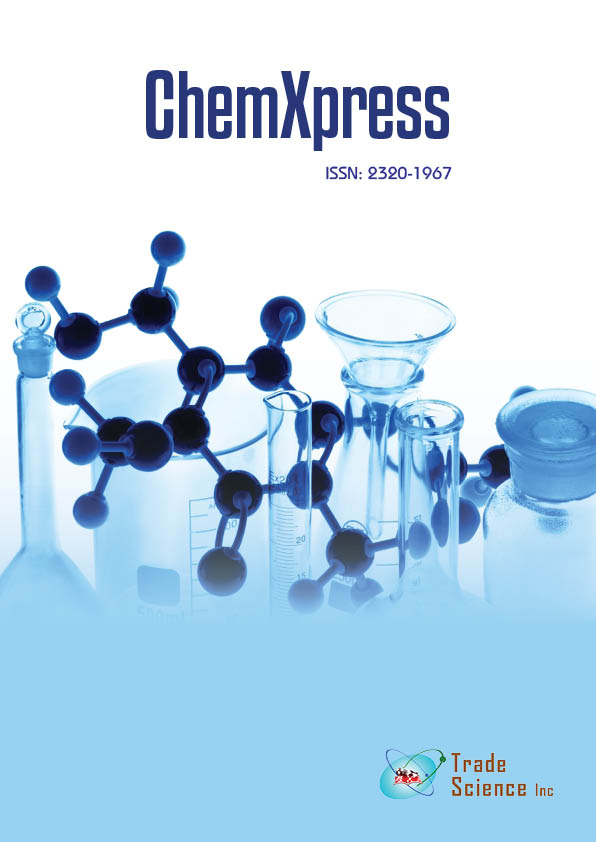Abstrait
Effect of a plastic deformation on the electrochemical behaviors and the corrosion rates of pure iron, nickel and copper in a molar solution of sulfuric acid
Patrice Berthod
Stresses applied to ductile alloys or pure metals may induce severe plastic deformation with multiplication of defects and dislocations in their crystal networks. Such a disorder in the microstructure can influence the surface reactivity of the alloys, with consequences for their behaviour in corrosion. Here, cast pure iron, pure nickel and pure copper were elaborated by high induction melting, and some of the obtained samples were plastically deformed by compression.As-cast samples and plastically deformed samples were prepared as electrodes and tested in H2SO4 solution, added or not with a corrosion inhibitor, according to the Stern-Geary and Tafelmethods. Polarization resistances, corrosion current densities and corrosion potentialswere measured. The electrochemical characterization of the corrosion behaviour was completed by performing cyclic polarization experiments. Globally the plastic deformation improved the corrosion behaviour of iron but inversely decreased the corrosion resistance of nickel and of copper.
